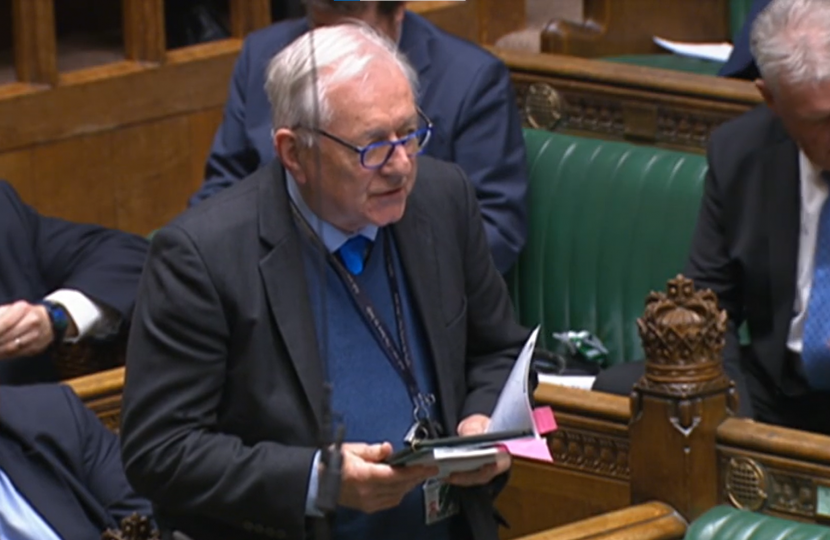
The Post Office scandal should not have started; it should not have continued; it has not been concluded.
Some call me a constant campaigner. There are times when I could have got the wrong end of an issue: that is a price worth paying.
In Monday in the Commons, I made clear the Horizon system’s problems should not have led to grossly unjust treatment of sub-postmistresses and sub-postmasters who suffered loss of everything, whether prosecuted or not.
The Sun newspaper reported the local case of our former postmistress Cheryl Shaw. She lost everything because the Post Office could not be bothered to understand the failings of their system.
Week after week, she received a report that money was short, apparently missing. She topped up the growing losses with her own money. Instead of being able to remain a loved local shop owner in Goring by Sea, she had to sell after losing thousands of pounds.
The Post Office indicated it was her problem alone. It was not. They knew it was not. Most of the victims avoided prosecution by paying in their own money. I pointed out how the number of cases going to court rose from ten in 1997 to nearly 80 four years later in 2001.
The managers responsible should have known the decent hard-working people running post offices would not suddenly go crooked on that scale. What went wrong? For some it was when the system did not appear to be working. If a terminal button was pressed a second time, sometime the system registered more than was justified.
I have been a member of the Howard League for Penal Reform, dedicated to less crime, safer communities and fewer people in prison. For many years I was a trustee of the National Association for the Care and Resettlement of Offenders: NACRO helps people build the independence and the resilience to look forward to their futures with practical help, support and advice, as well as campaigning for policy and system change.
Read this newspaper’s court reports to see how more can be done to help reduce reoffending, sometimes by assistance with addictions, with anger management, with work opportunity and with housing help. It is shameful to see repeated attacks on police officers and offenders not turning up for required community service.
The Howard League’s Journal of Crime and Justice last month included the article “Harm, injustice & technology: Reflections on the UK’s subpostmasters’ case”. That disturbing account was written in 2022. Why does it take until 2024 for effective steps towards action. Will the hundreds like grandmother Cheryl Shaw receive compensation and acknowledgement of the wrongs suffered?
The Horizon system was established for one purpose before being adapted for another. We know faults were common, some being named after the office where first confirmed. Examples included the Dalmellington bug and the Callendar Square bug. It was wrong to believe in the infallibility of a technological system, a Titanic error.
Without going too far into the strike action by doctors in training, let us remind ourselves that in our actions, first do not harm. The courts allowed wrong prosecutions and came to unjust verdicts. It took a judge with technological understanding to begin to make the difference. Ministers know they could and should have acted earlier.
Dr Gordon Caldwell, when at Worthing Hospital, alerted me to disastrous computer systems being imposed on the hospital trust and on doctors in training. We fought and fought against them. In each case, afterwards, the relevant minister apologised, asking why no one had told them in advance. My response was to say: ‘see my correspondence and what I had said in the House’.
I seek cooperation, not unnecessary confrontation. When the livelihood of constituents and their reputations are at stake, I will not hold back.



